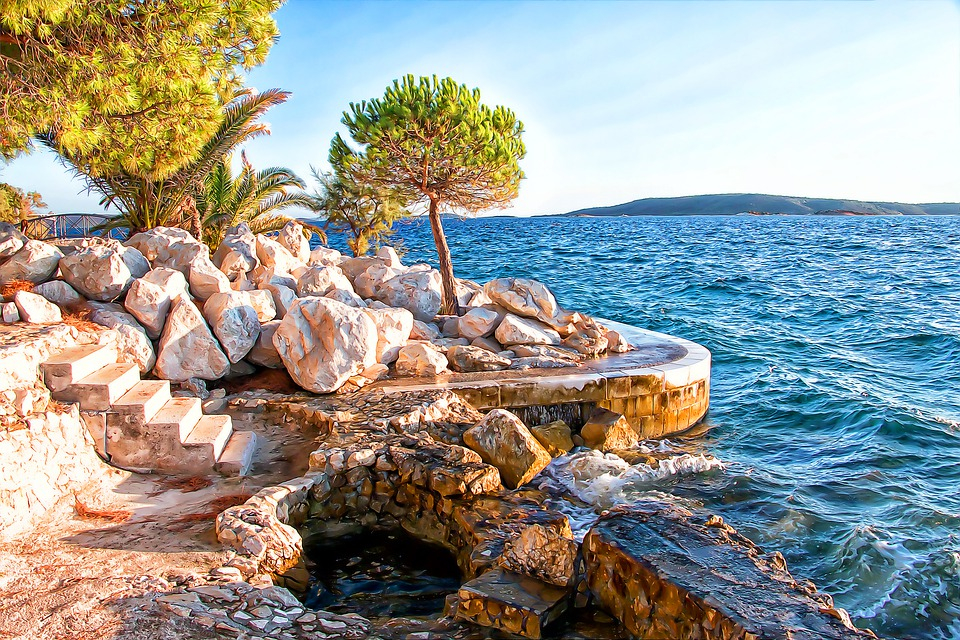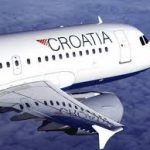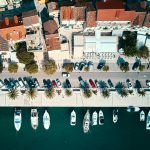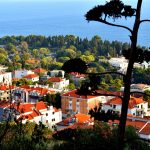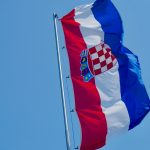As Poslovni Dnevnik/Marija Crnjak writes, global tourism, which has been dealt an extremely heavy blow by the ongoing pandemic, will likely generate about 20 percent less revenue in 2021 than it did back in pre-pandemic 2019, and a full recovery for the tourism industry can be expected within 3 to 5 years.
When it comes to Europe, destinations such as Portugal, Turkey and Greece are expected to recover the fastest, Spain and France will have the slowest return, and for the Croatian tourism market – things will lie somewhere in between.
These are the predictions made by Euromonitor, more specifically made by the head of the tourism department, Caroline Bremner, at a webinar organised by the Institute of Tourism on the topic of building better and sustainable tourism following the pandemic.
The sustainability of tourism after years of excessive tourist congestion faced by many destinations long before the coronavirus struck is currently the number one topic for many. There are now plans in place to completely reset tourism and support the development of local communities but this will be difficult to achieve once travel is fully open again, warned the webinar’s participants which included tourism workers from Croatia’s immediate region.
Sustainability is mostly a matter of the subjective experience of different groups in any given community, about which there is very, very little real data and research with any concrete results. When it comes to the Croatian tourism market, there’s a mixed bag of what is being utilised and what is still untouched (and perhaps better) potential.
“Split-Dalmatia County has a strategic plan for the development of sustainable tourism, with well-defined weak points, from infrastructure to crowding, but we should openly say that it will be very difficult to implement all this because we have very little support from partners and tourism workers. The most important thing for them is to achieve the growth of overnight stays and income,” pointed out Josko Stella, director of the tourist board of Split-Dalmatia County.
Emil Kukalj from the tourist board of the Montenegrin town of Bar agreed with that sentiment.
“Destinations where individual accommodation prevails over collective accommodation have an issue because this sort of thing is mainly made up of entities which don’t have a long-term vision of sustainable tourism, it’s not something they’re even interested in, they’re usually only interested in how they can make more money. Especially in the years after the pandemic, when tourism recovery starts, I doubt that we’ll be able to put the sustainability of tourism in the foreground,” said Kukalj.
Although almost all of Europe is currently in a new lockdown due to the spread of the pandemic, recovery can be seen by companies such as TUI, which continues to record an increase in summer holiday bookings – they currently have about 2.8 million bookings for the period from July to November, with a bid capacity of 75 percent when compared to 2019.
For current information about coronavirus specific to Croatia, including travel and border rules, as well as testing centres up and down the country, bookmark this page.

